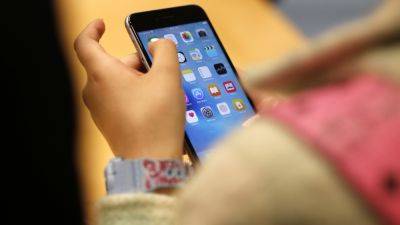My Lab Conducted A Study On Preschool Girls. What We Discovered Should Disturb You.
Over the past year, a friend’s daughter — let’s call her Lily — has repeatedly called herself ugly. When Lily is supposed to be brushing her teeth, she looks in the mirror with a frown on her face, eyes scanning her features with disappointment. Lily has wavy dark-brown hair; she wants straight blond hair.
One morning Lily put pink marker all over her mouth. The day before, a child at school had called her ugly, and she thought the “lipstick” would make her look prettier.
Lily is 4. And she is beautiful.
How has the world warped this child’s view of herself? Why does Lily even need to care about looking beautiful at 4? Is she worried about getting a date for the class field trip?
More attention is finally being paid toward the harmful effects of social media on teens’ body image and mental health. However, a recent study my lab conducted suggests that we are missing an important piece of the puzzle. Specifically, we discovered that among girls, a preoccupation with appearance starts as young as age 3.
In our study, we interviewed 170 children ages 3 to 5 to examine when kids start to value being beautiful. Across all of the measures that we assessed, girls on average greatly valued their appearances. Girls said that to be a girl they needed to be pretty, and looking pretty was important.
When asked to select from an array of outfits and occupations, the girls in our study tended to select many fancy outfits and appearance-related occupations, like being a model or makeup artist. They showed good memory for pictures of fashionable clothing when these pictures were later hidden from view. When explaining why they liked a pop culture character, girls often said things like, “I like all the princesses because they are







